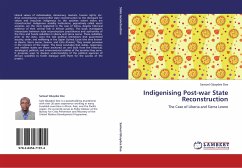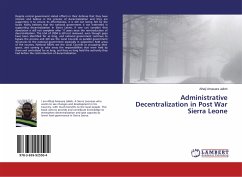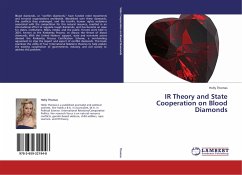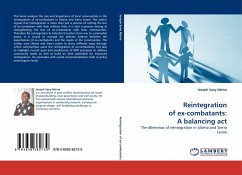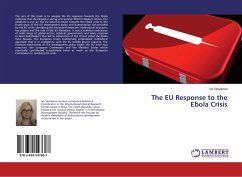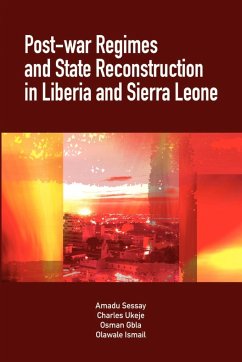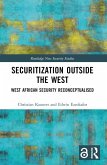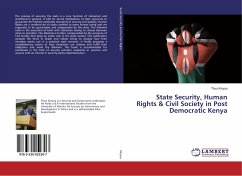Liberal values of individualism, democracy, markets, human rights, etc. drive contemporary post-conflict state reconstruction to the disregard for values and resources indigenous to the societies where states are reconstructed. Indigenous sodality institutions, pejoratively called secret societies, are the most neglected in the case of Africa, despite historical evidence of their central role in African politics. This book investigates interactions between state reconstruction practitioners and authorities of the Poro and Sande sodalities in Liberia and Sierra Leone. These sodalities, prior to the state, were the sole political institutions that guarenteed security, order, and wellbeing in the Upper Guinea Coast (the area known as Liberia, Sierra Leone, Guinea, and Cote d'Ivoire). They remain pervasive in the interiors of the region. The book concludes that viable, responsive, and resilient states are those anchored on and built from the historical, socialogical, political, and environmental realities of the societies they serve. It proposes ways to deepen understanding of the political agencies of African sodalities to foster dialogue with them for the success of the project.
Bitte wählen Sie Ihr Anliegen aus.
Rechnungen
Retourenschein anfordern
Bestellstatus
Storno

